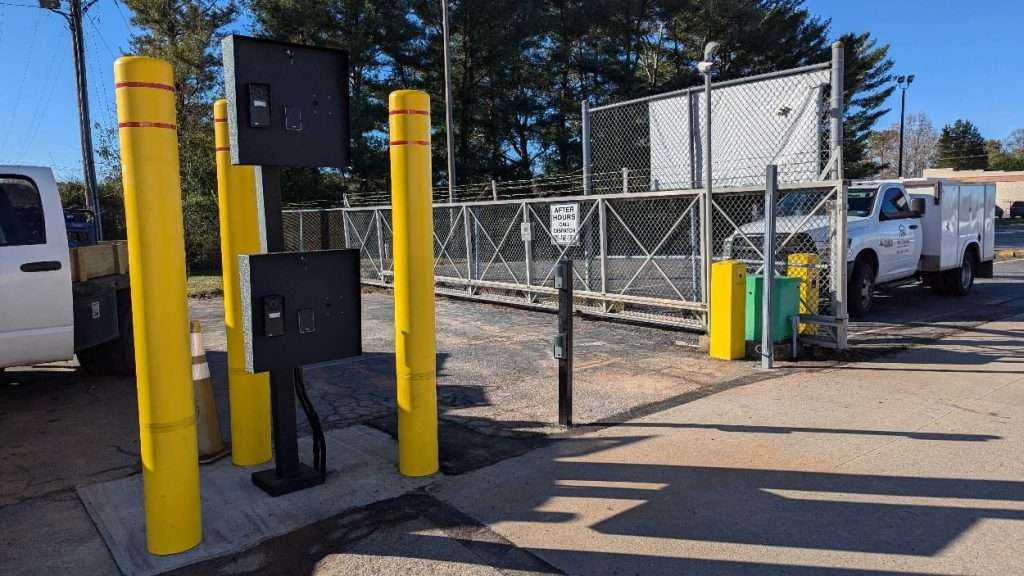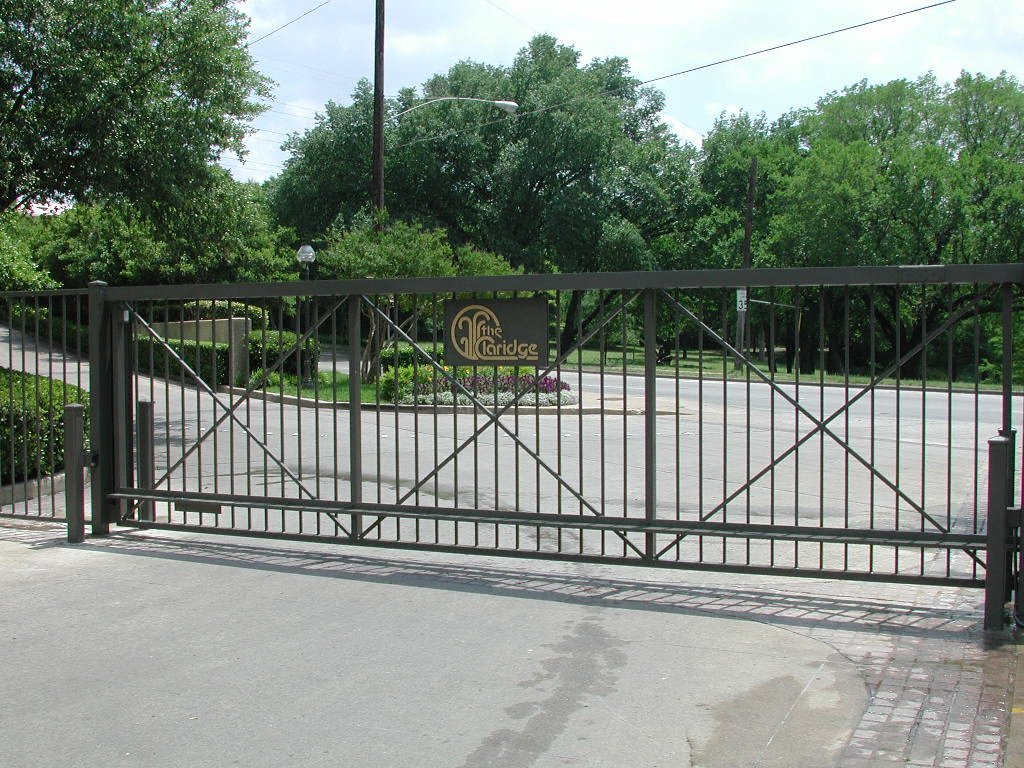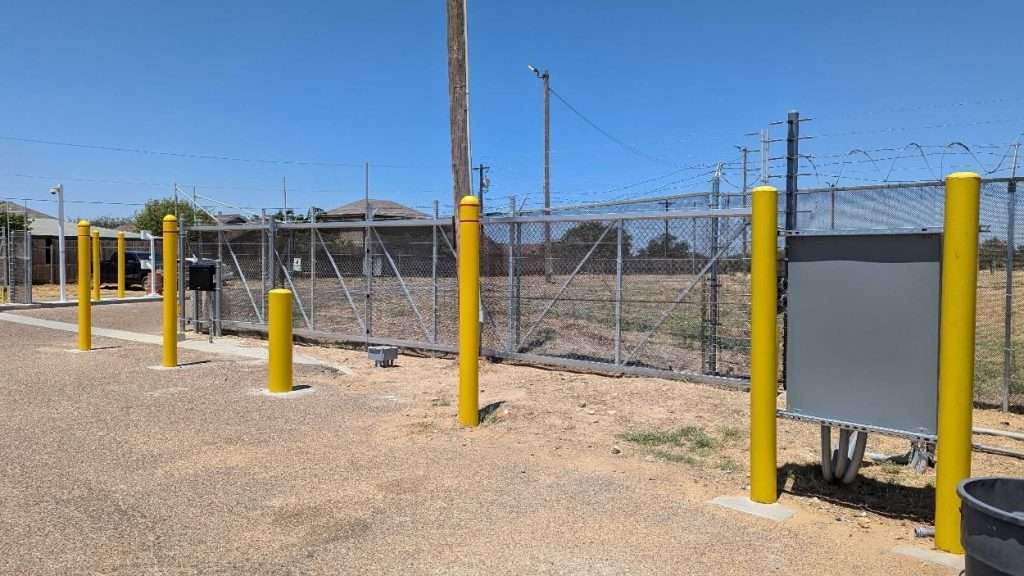What to Consider Before Installing a Cantilever Slide Gate on Your Property
If you’re looking to improve security and streamline access to your commercial or industrial property, a cantilever slide gate is one of the most reliable and low-maintenance options available. But before installation begins, there are a few important factors to consider to ensure your system operates safely, efficiently, and for years to come.
In this guide, we’ll walk you through what to evaluate before installing a cantilever slide gate — from space and materials to automation and maintenance.

1. Available Space and Layout
Cantilever slide gates require enough space to fully slide open — typically 1.5 times the width of the opening. For example, if your driveway opening is 20 feet wide, you’ll need at least 30 feet of clear space alongside the fence line to accommodate the gate’s counterbalance section.
You’ll also want to consider the slope and grade of your property. Cantilever gates perform best on level ground, and uneven terrain may require grading or concrete work for smooth operation.
2. Material and Construction Quality
The performance and lifespan of your gate depend heavily on the materials used. Most cantilever slide gates are built from steel or aluminum:
-
Steel gates provide maximum strength and are ideal for high-security or industrial environments.
-
Aluminum gates are lightweight and resistant to rust, making them great for commercial and coastal areas.
At 78 Fence, we fabricate gates using high-grade materials and precision welding to ensure long-lasting performance, even under heavy use or harsh Texas weather.
3. Foundation and Footings
A strong gate starts with a strong foundation. Cantilever gates rely on support posts and concrete footers to bear the entire weight of the structure. Without proper footing depth and width, the gate can sag or become misaligned over time.
Our installation team ensures every post and footing is engineered to handle the specific weight, wind load, and usage frequency of your gate system.
4. Automation and Access Control Options
If you’re planning to automate your cantilever gate, it’s important to consider:
-
Gate operator type (hydraulic, chain-driven, or rack-and-pinion systems)
-
Power supply (hardwired, solar, or battery backup)
-
Access control (keypads, RFID readers, remote access, or security integration)
Automation can enhance security and convenience, but it also requires proper planning to ensure smooth operation and compliance with safety standards.
5. Safety and Compliance
Commercial gate systems must certain safety standards, proper designs, entrapment prevention, and safety sensor requirements. As professional fence installers, will make sure your system complies with all relevant codes and operates safely for both vehicles and pedestrians.

6. Long-Term Maintenance
Cantilever gates are known for being low maintenance, but regular inspections are still key. Check rollers, hinges, and weld points periodically, and schedule professional maintenance to keep the gate sliding smoothly.
Routine upkeep extends the life of your gate and ensures it continues to perform as intended.
Final Thoughts
A cantilever slide gate is a smart investment for any business that values security, reliability, and long-term durability. With proper planning, installation, and materials, you’ll have a gate system that provides years of worry-free operation.
At 78 Fence, we’ve been designing and installing commercial gate systems in Dallas and surrounding areas since 1978, helping property owners protect what matters most.
Contact us today to schedule a consultation or request a quote for your cantilever slide gate installation.


